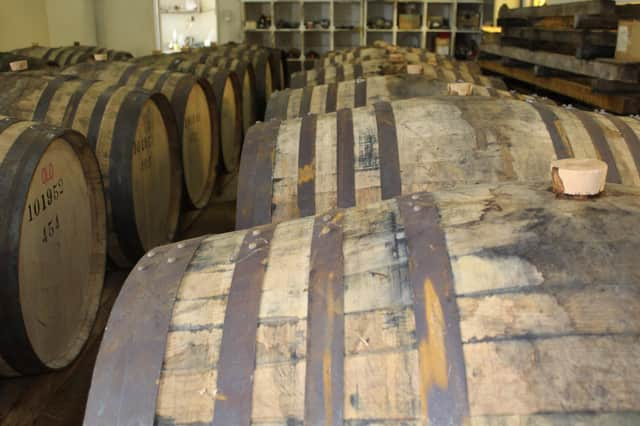Alcohol duties: How this week's controversial overhaul will impact whisky cask investors


First set out by Prime Minister Rishi Sunak when he was chancellor in 2021, the overhaul of the alcohol duty regime, which kicked in on Monday, aims to encourage drinkers to cut back by taxing all alcohol based on its strength, rather than the previous categories of wine, beer, spirits, and ciders.
The PM has insisted the reforms centre on “backing British pubs” and that businesses and consumers will benefit from the post-Brexit alcohol duty changes, despite the increases on wine, vodka and canned beer. However, whisky distillers have slammed the overhaul as a major headwind for the sector while brewers warn of a tax hike on bottles and cans.
Advertisement
Hide AdAdvertisement
Hide AdWhisky cask investment specialist Whisky 1901 said the shake-up would have an impact on whisky enthusiasts and collectors, as well as Scotland’s distilleries. The cask market has been booming with many investors exploring barrelled Scotch as an alternative to more traditional investments and asset classes.
Whisky 1901 founder and managing director, Aaron Damiano Sparkes, said: “The tax hike doesn’t just affect the whisky industry or consumers of the spirit, but it also impacts the growing cask investment market. Because the increased duty means it costs more to produce the alcohol, from August 1 it costs more to purchase the whisky whether bottled or barrelled. While this increase in cask value may come as positive news for those that have already invested in casks, new investors will now pay more for the same barrel. Fortunately, cask whisky consistently outperforms many traditional investment options, and the value is not driven by economics alone, but by maturation of the product.
“As a result of the latest tax increase, we’re likely to see whisky enthusiasts and collectors purchasing quality from the best distilleries over quantity. We’d expect to see the bigger and well-established brands such as Macallan and Dalmore continue to gain in popularity versus the smaller or newer distilleries.”
The largest increase in duty in decades has seen the average bottle now taxed at 75 per cent.
Comments
Want to join the conversation? Please or to comment on this article.